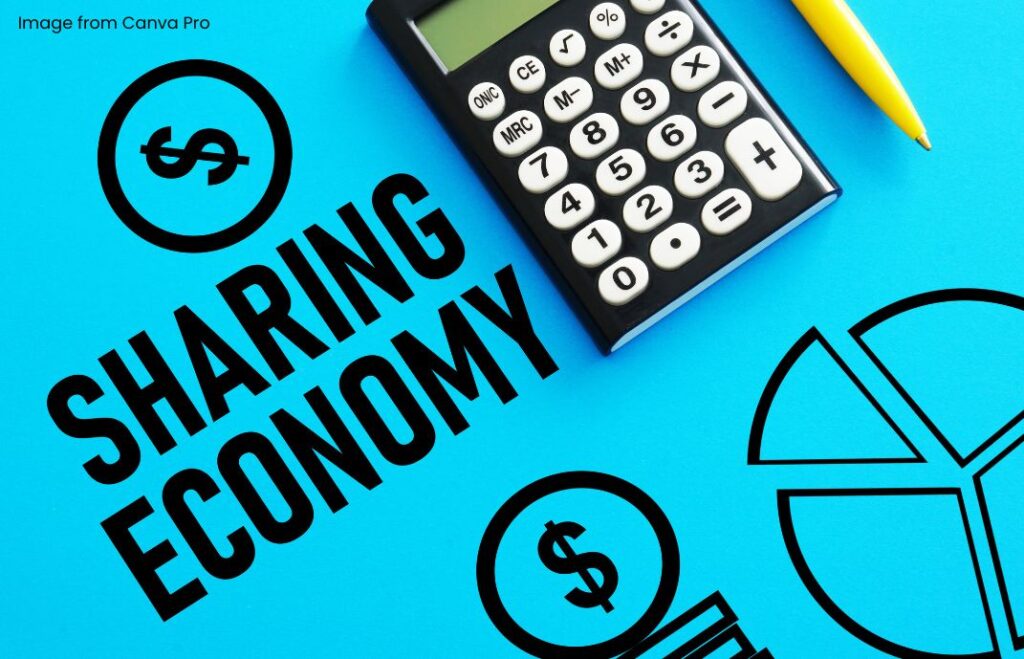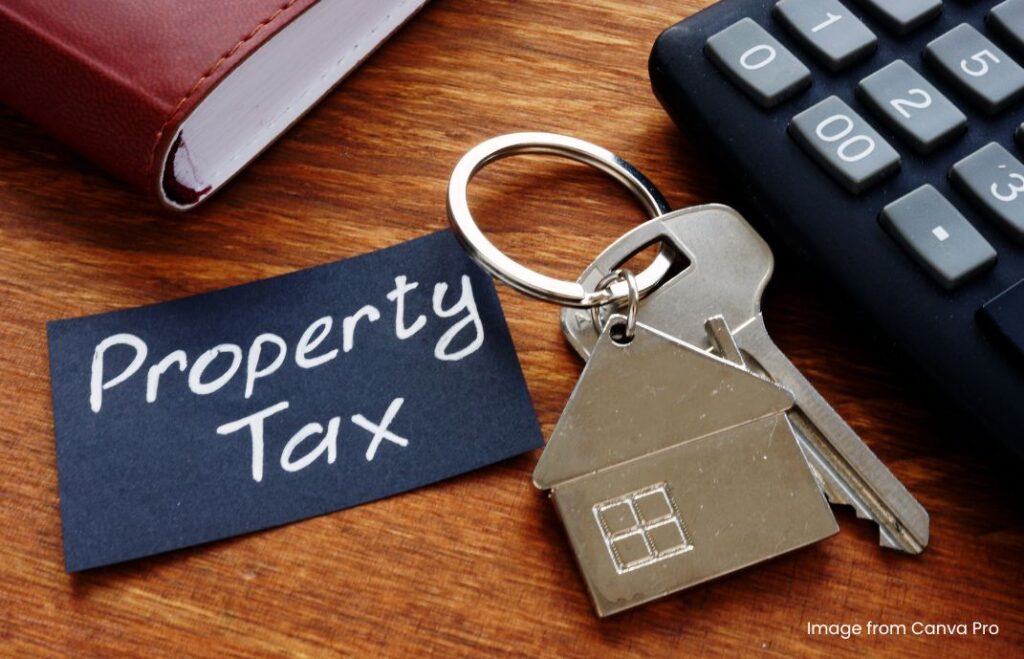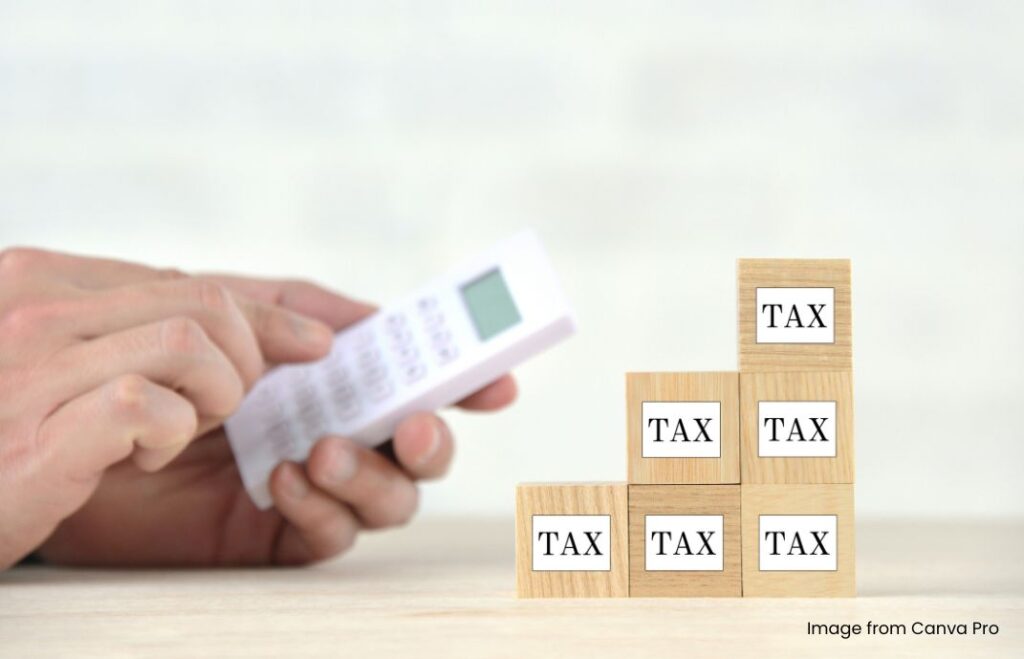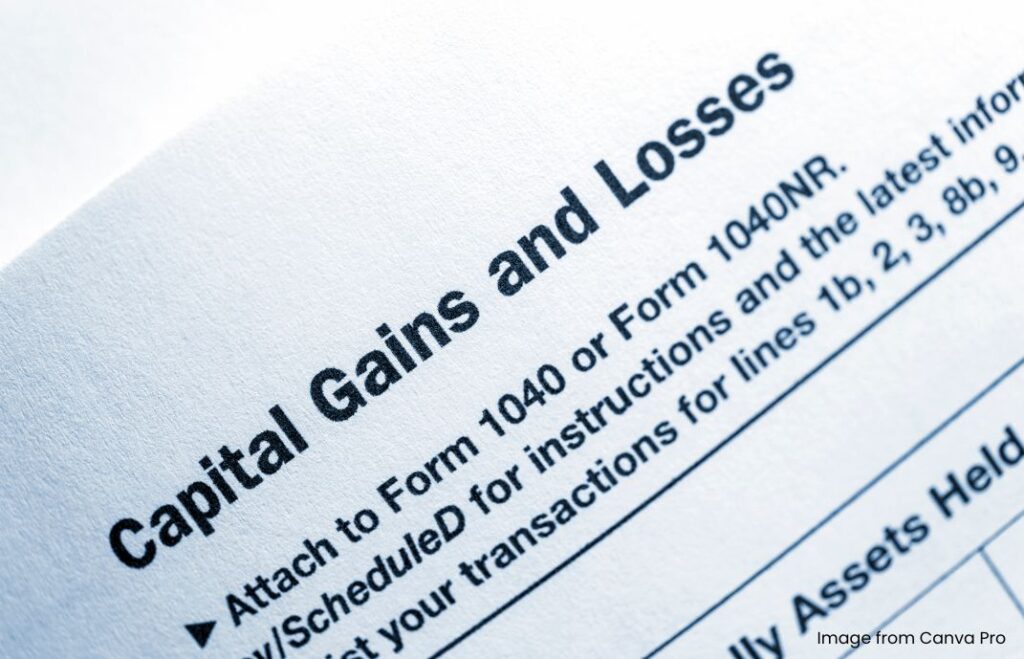
By Gwen Payne
The BRRRR method — Buy, Rehab, Rent, Refinance, Repeat — isn’t a get-rich-quick trick. It’s a gear shift. A rhythm real estate investors use to build momentum without constantly starting from scratch. Done well, it builds equity, generates cash flow, and recycles capital. Done poorly, it’s a blueprint for burnout. Here’s how to move through each phase with clarity, caution, and repeatable strategy.
article continues after advertisement
Look for Margin, Not Magic
Don’t confuse momentum with urgency. BRRRR works only when your initial buy has real margin. You’re not just buying a property, you’re buying a spread between what it is and what it could be. That spread needs to exist in the numbers, not just your imagination. The goal is to acquire undervalued properties that have enough room for rehab costs, cash-out appraisal, and rental income, without being a money pit in disguise. If you don’t have a cushion on the buy, the rest of the cycle collapses.
Structure Your Money Before You Swing a Hammer
A rehab plan without secured funding is a fantasy. Before you start ripping out drywall, you need to know exactly how you’re paying for the demo, the labor, the materials — and the 12 things you forgot to budget. That’s where investor rehab loans come into play. Whether you’re using a hard money loan, a line of credit, or a construction draw schedule, you need funding matched to the scope and timeline of your project. Don’t blend this with personal financing. Don’t depend on the refinance bailing you out. Rehab funding should stand on its own.
Protect the Container Before You Fill It

Once you own property, you own liability. That’s why many investors form LLCs early, especially if they’re building a rental portfolio in a single state. Creating a California LLC through ZenBusiness is a way to draw a line between your personal and business finances. More than a legal checkbox, the right structure helps simplify bookkeeping, centralize expenses, and protect your assets if something goes sideways. It’s not about looking big, it’s about building with protection in place from the start.
Your Rent Price Shouldn’t Be a Vibe
A rehabbed property doesn’t rent itself, and overpriced units stay vacant. The rent you charge isn’t about your mortgage; it’s about the market, the comps, and the tenant profile. That’s why setting rent rates that maximize income come into play. Investors often use tools like the 1% rule or rent-to-value ratios, but those are only starting points. Real pricing discipline means tracking market absorption, adjusting for seasonality, and being honest about what your unit offers relative to nearby options.
Refinance Is a Strategy, Not a Shortcut

Cash-out refinancing isn’t just a step in the BRRRR loop, it’s the make-or-break moment for many deals. If you bought low, rehabbed smart, and rented well, the bank should now see your property as a performing asset. But timing and terms matter. Some lenders won’t refinance immediately after rehab. Others will apply seasoning requirements. Understanding the refinancing roadmap for investors, including loan-to-value limits, appraisal hurdles, and rate implications, is essential before you even close on your first deal. Don’t assume the refinance will happen on your timeline. Build your entire cycle around what your lender is actually willing to do.
You’re Not Bulletproof, and Neither Is the Model
It’s tempting to see BRRRR as a machine: plug in money, out comes equity. But the method is sensitive to interest rates, appraisal trends, neighborhood shifts, and tenant issues. Vacancy eats cash flow. Construction delays push your refinance window. Appraisers don’t always agree with your spreadsheets. Recognizing the BRRRR pros and cons isn’t just for risk-averse beginners, it’s for experienced investors who’ve seen great deals turn sour because they assumed every cycle would match the last. Building margin of error into every phase isn’t just wise, it’s survival.
article continues after advertisement
Growth Doesn’t Mean Chaos
Repeat doesn’t mean replicate. Scaling a BRRRR portfolio doesn’t work if each property is its own circus. Growth requires operational rhythm, not just vision. That means templates, systems, relationships. Using project management tools for rehab timelines. Standardizing your finishes to speed up estimates. Building a vendor bench so you’re not scrambling for a plumber at 10 pm. Investors who succeed long-term are the ones who build systems for repeat BRRRR growth, not just the ones who close the most deals. Speed doesn’t come from rushing, it comes from reducing friction.
BRRRR isn’t magic. It’s a system, one that only works if you treat each phase like its own discipline. You need to buy with room, fund with clarity, rehab with control, rent with realism, refinance with eyes open, and scale with systems. Shortcutting any of these steps doesn’t save time, it just passes risk to your future self. Done right, BRRRR lets you grow without going broke. Done wrong, it traps you in a loop of stress and sunk costs. The model works. The question is whether you’ll work it with precision, or chase it with hope.












































